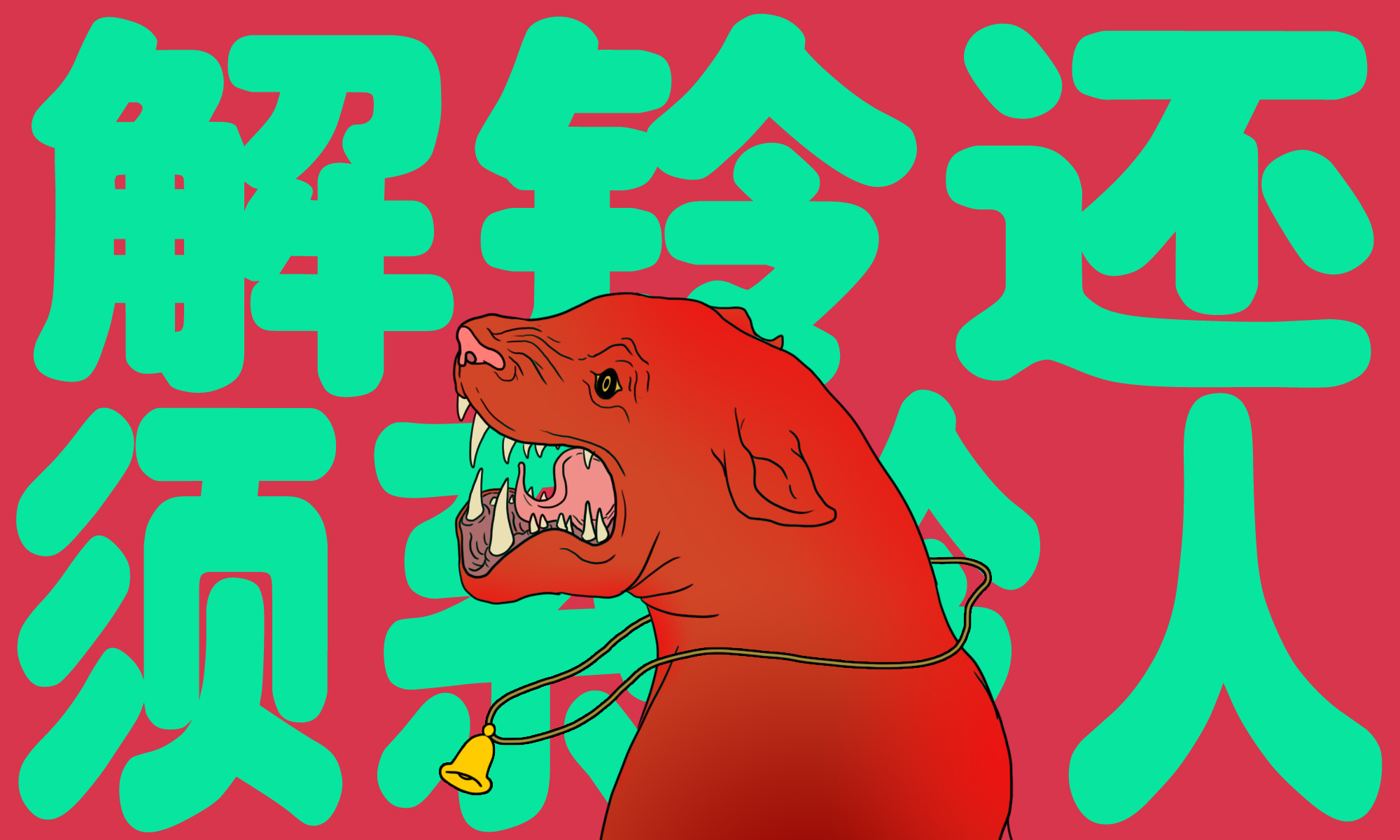‘Let he who tied the bell on the tiger take it off’ — phrase of the week
China has maintained a neutral stance on the Ukraine crisis. But a phrase from a Song Dynasty Buddhist teaching makes its position on where the blame lies very clear.

Our phrase of the week is: Let he who tied the bell on the tiger take it off (解铃还须系铃人 jiě líng hái xū xì líng rén).
Context
China’s Foreign Ministry is in an awkward position in balancing its response to the Ukraine crisis. It’s largely following Russia’s talking points on the cause of the problem, laying the blame on the West and the eastern expansion of NATO.
Last week, China’s MFA spokesperson, Wāng Wénbīn 汪文斌, said:
Those who created the problem should be the ones to undo it. We hope the culprits of the crisis can reflect upon their roles in the Ukraine crisis.
解铃还须系铃人。希望危机的始作俑者好好反思一下他们在乌克兰危机当中所扮演的角色。
Translation
Those who created the problem should be the ones to undo it, or more accurately, Let he who tied the bell on the tiger take it off, is a Chinese proverb (谚语 yànyǔ), which can be traced back to a Song dynasty poet, Huì Hóng 惠洪, who wrote a collection of Buddhist tales and teachings.
In one story, a master poses a question to his students: “Who should retrieve the golden bell from the neck of the tiger?” Eventually, one student says: “The person who tied it there in the first place.”
Let he who tied the bell on the tiger take it off describes a person (or a company or even a country) who has created a difficult problem but is seen as not taking responsibility to resolve it.
It’s a common phrase. In July last year, China’s tech companies were criticized in this way for how “996 culture” had led to six-day work weeks and burnout of employees. They were not doing enough to address the problems that they had caused. In 2014, Xí Jìnpíng 习近平 used the same phrase in a press conference to brush aside questions about the difficulty foreign journalists were having with visas.
If you enjoyed this, check out Andrew Methven’s Slow Chinese 每周漫闻 newsletter, a resource to help you master modern Mandarin, and understand how people speak Chinese today.






